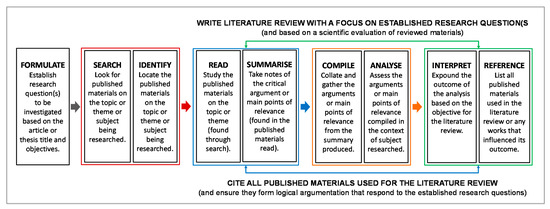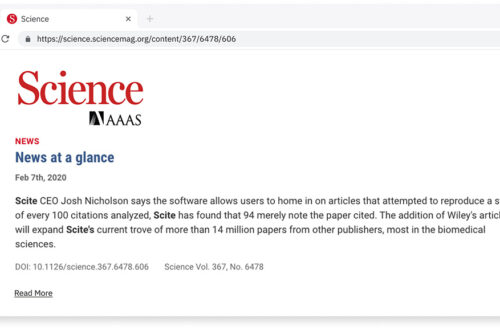Introduction
Overview of the issue
Academic paper writing processes can often be complex and demanding, requiring a precise approach to ensure clarity and coherence in conveying information effectively. Many individuals, including students and researchers, face challenges in structuring their content, citing sources properly, and adhering to specific formatting guidelines. These difficulties can hinder the overall quality and impact of their academic work.
Importance of understanding academic paper writing processes
Understanding academic paper writing processes is crucial as it facilitates the successful creation of well-organized, logically presented, and academically sound papers. Proficiency in these processes enables individuals to communicate their ideas clearly, demonstrate critical thinking skills, and contribute meaningfully to their respective fields of study.

Lack of Training in Research Writing
Insufficient guidance from academic advisors
Many individuals pursuing academic endeavors experience a lack of adequate support and guidance from their academic advisors, leading to challenges in mastering research writing techniques. Without the necessary mentorship, aspiring researchers may struggle to grasp the intricacies of structuring scholarly papers effectively, citing sources accurately, and adhering to rigorous formatting standards. This lack of mentorship can impede the development of essential academic writing skills, hindering the quality and impact of their research outputs.
Limited resources for training PhD students
PhD students often face limited resources and opportunities for comprehensive training in research writing. The absence of dedicated programs or workshops focused on enhancing academic writing proficiency can leave aspiring scholars without essential skills needed for scholarly publication. Insufficient resources for training in research writing can constrain PhD students’ ability to produce high-quality papers, effectively communicate their research findings, and engage meaningfully with the academic community. Access to training resources and support is vital for nurturing the next generation of researchers and ensuring the quality of academic outputs.

Complex Nature of Academic Writing
Mastering research methodologies
Amidst the academic pursuit, the intricate nature of academic writing poses challenges for many, exacerbated by the lack of training in research writing. Insufficient guidance from academic advisors often leaves aspiring researchers grappling with the intricacies of structuring scholarly papers and adhering to rigorous formatting standards. Additionally, limited resources for training PhD students hinder their ability to produce high-quality papers and effectively communicate research findings. To navigate this complexity, understanding academic writing conventions and mastering research methodologies are crucial. By fostering these skills through dedicated programs and mentorship, aspiring scholars can enhance the quality and impact of their research outputs.

Inadequate Communication Skills
Difficulty in presenting arguments effectively
When delving into the realm of academia, the lack of proficient communication skills can exacerbate challenges faced by researchers. Particularly, difficulties in articulating complex research findings and presenting arguments effectively can hinder the impact of scholarly work. Researchers may struggle to convey their ideas coherently, impacting the clarity and persuasiveness of their papers. This communication barrier can impede the dissemination of knowledge and inhibit academic progress. To overcome these hurdles, researchers can benefit from communication training programs and workshops that enhance their ability to clearly articulate their research and effectively present their arguments to a wider audience.

Time Constraints and Demands
Meeting deadlines for publication
When researchers immerse themselves in academic pursuits, time constraints and demands often pose significant challenges. Balancing rigorous research work with the task of writing scholarly papers can be daunting. Meeting deadlines for publication adds further pressure, affecting the quality of work. Scholars may find themselves overwhelmed, struggling to manage their time effectively. This juggling act can lead to compromised research outputs and delayed publications, hindering academic progress. Seeking time-management strategies and prioritization techniques is vital for researchers to navigate these challenges successfully and ensure the timely completion of their academic endeavors.






